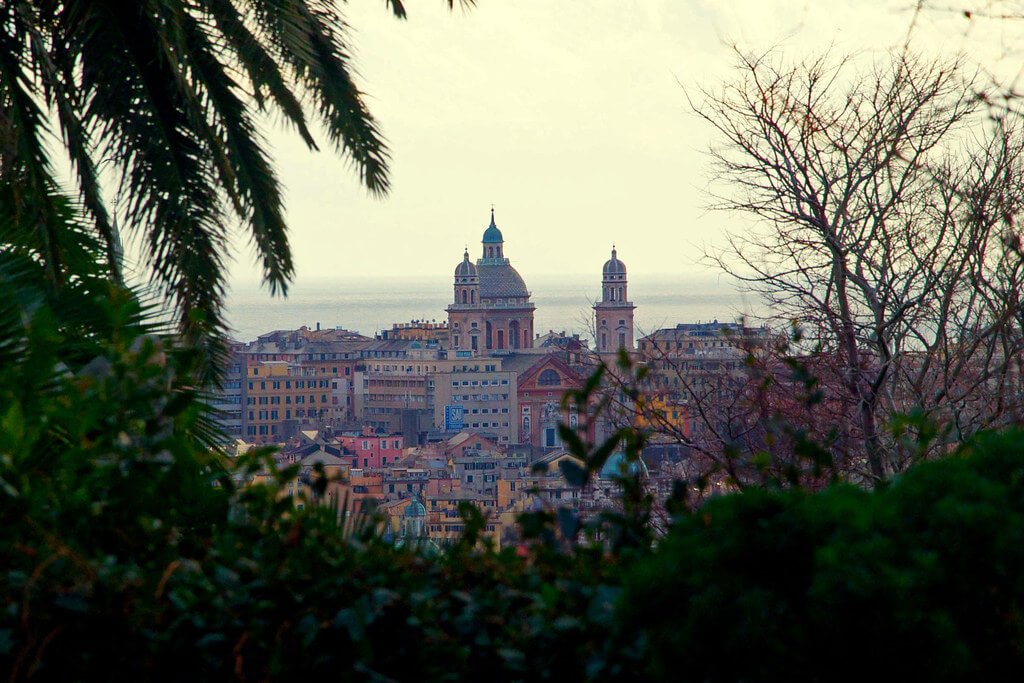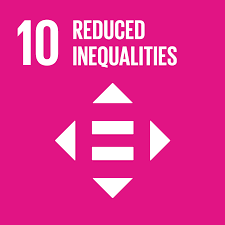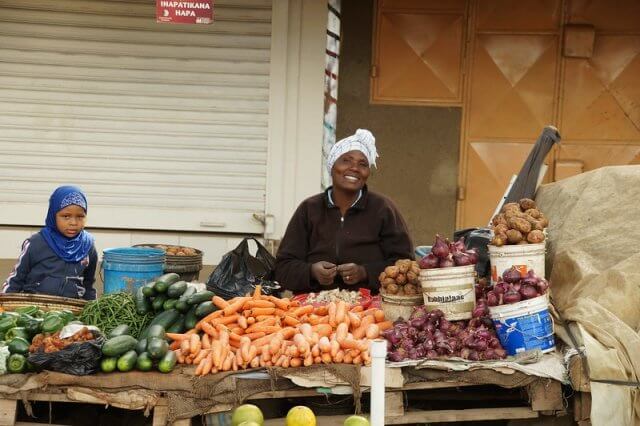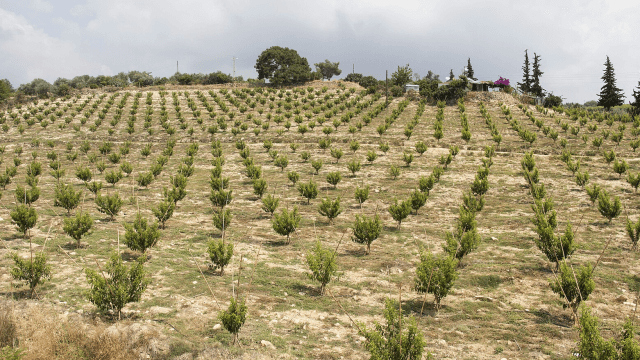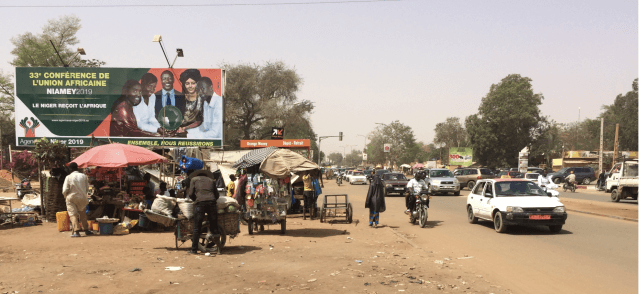The action and its aims
The network’s objective is to drive cultural transformation by means of an integrated framework for salvaging and distributing surplus food to individuals in need.
When it was introduced
The Ricibo Network was established in 2017 by the government.
Why it was needed
Annually, Genoa sees 10,000 tons of food discarded, with a potential recovery of at least 2,000 tons. At the same time over 29,000 individuals are grappling with food scarcity.
Who initiated it, who is involved
The Ricibo Network comprises 70 associations united in the battle against poverty and food waste, receiving support from the Municipality.
Impacts to date
Collectively, the associations of the Ricibo Network reclaimed approximately 266 tons of surplus food in 2021. Of this total 121 tons were sourced from COOP and Conad supermarkets.
Since 2019, the educational project “Buon appetite, piatto pulito” (Enjoy Your Meal) has engaged 92 classes and 150 educators across elementary, middle, and high schools. In 2022, the catering service embraced the Green Food Week initiative, delivering eco-friendly, low-impact meals composed of organic and locally sourced ingredients to all schools under the Municipality of Genoa.
For more information visit https://www.ricibo.org/.
